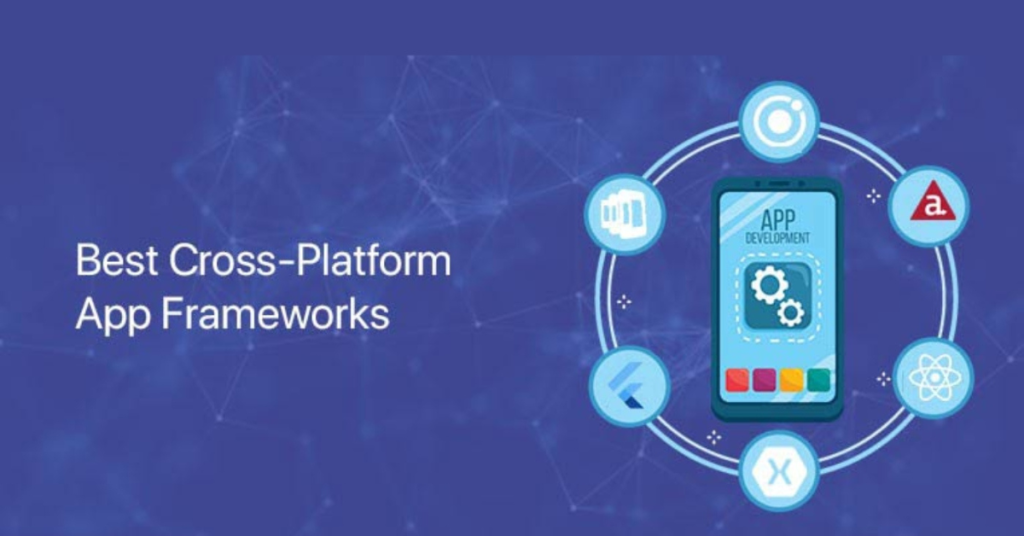Developing a mobile app can be a complex process, and there are many factors that need to be considered before starting the development. These include identifying the target audience, defining the app’s purpose and features, choosing the appropriate platform and technology, considering the app’s monetization strategy, and planning for ongoing maintenance and updates.
By carefully considering these factors before starting development, developers can increase the chances of creating a successful app that meets the needs of its intended audience.

1. Identify Your Target Audience
Identifying the target audience is an important first step in developing a mobile app. This involves understanding the characteristics of the people most likely to use the app and tailoring the app’s design and functionality to meet their needs and preferences.
Developers can conduct market research to identify the target audience, analyze demographic data, and gather feedback from potential users. Factors to consider may include age, gender, location, interests, income level, and mobile device usage patterns. By understanding the target audience, developers can create an app that is more likely to be successful and provide value to its users.
2. Market Research
Market research is an essential part of developing a mobile app. It involves gathering and analyzing information about the target audience, the competition, and the market. Market research aims to gain insights that can inform the app’s design, features, and marketing strategy.
There are several ways to conduct market research, including surveys, focus groups, and user testing. Developers can also use analytics tools to gather data about user behavior and preferences within existing apps or websites.
During market research, developers can gather information about the target audience’s preferences, pain points, and behaviors. They can also analyze the features and design of similar apps to identify opportunities to differentiate and improve their own app. By gathering and analyzing this information, developers can create an app that meets the needs and expectations of its intended users and has a greater chance of success in the market.
3. App Design
App design is a critical aspect of developing a mobile app, as it determines the app’s look, feel, and functionality. App design includes both the user interface (UI) and the user experience (UX) design.
The UI design focuses on the app’s visual elements, such as the layout, color scheme, typography, and graphic design. The goal of UI design is to create a visually appealing and user-friendly interface that is easy to navigate and understand.
The UX design focuses on the overall user experience, including the app’s functionality, ease of use, and how well it meets the needs of its users. The goal of UX design is to create an app that is intuitive, efficient, and enjoyable to use.
During the app design process, developers may create wireframes or mockups to visualize the layout and functionality of the app. They may also conduct user testing to gather feedback and make improvements to the design.
4. Budget
Budgeting is an important consideration when developing a mobile app.
To create a budget for app development, developers should first identify the key features and functionality of the app and estimate the time and resources required to develop them. They should also factor in the cost of hiring developers, designers, and other team members and any third-party services or tools that may be needed.
Developers should also consider ongoing maintenance, updates, and marketing costs. It’s important to ensure that the budget is realistic and takes into account all of the costs associated with app development.
While app development can be expensive, there are also ways to minimize costs. For example, developers can consider using open-source software or leveraging existing tools and frameworks to reduce development time and costs. They can also consider outsourcing development to a lower-cost region or using a hybrid model that combines in-house and outsourced development.
By creating a realistic and well-planned budget, developers can ensure that they have the resources necessary to develop a high-quality app that meets the needs of its users.
5. Choose Your Platform: iOS or Android
When developing a mobile app, one of the key decisions developers need to make is which platform(s) to develop for. The two main platforms are iOS and Android, and each has its advantages and considerations.
When choosing a platform, developers should consider the target audience and their device preferences, and their own development resources and expertise. Some developers choose to develop for both platforms, while others may choose to focus on one platform initially and expand to others later.
Ultimately, the platform decision should be based on a careful analysis of the target market and the resources available for development and maintenance.
6. User Interface and User Experience
User interface (UI) and user experience (UX) are two important components of mobile app development that are closely related. The UI refers to the design and visual elements of the app, such as the layout, color scheme, typography, and graphic design. The UX refers to the overall user experience, including how the app functions, how it is navigated, and how well it meets the needs of its users.
By focusing on both the UI and the UX, developers can create an app that looks good and is functional and enjoyable to use. A well-designed app can enhance the user experience and increase engagement, leading to greater success in the market.
7. User Security and Privacy Policy
User security and privacy are critical considerations in mobile app development. Users expect their personal information and data to be kept secure and their privacy will be respected. To ensure user security and privacy, developers should take a number of measures.
One of the most important steps is implementing security measures to protect user data, such as using encryption to protect data both in transit and at rest. Developers should also use secure authentication methods and ensure that their app is not vulnerable to common security threats, such as cross-site scripting (XSS) and SQL injection.
Developers should also develop a clear and concise privacy policy that outlines how user data is collected, used, and shared. This policy should be easily accessible to users, and developers should ensure that users can opt-out of any data collection or sharing. Developers should also obtain user consent before collecting or sharing any data.
By prioritizing user security and privacy, developers can create an app that meets user expectations, complies with legal requirements, and establishes trust with users.
8. Testing
Testing is a critical step in mobile app development that allows developers to identify and address any issues or bugs before the app is released to the public. Developers can perform several types of testing to ensure that the app is functional, stable, and user-friendly.
One important type of testing is functional testing, which involves testing the app’s features and functionality to ensure that they work as intended. This includes testing basic functions such as logging in and navigating the app and more complex features such as in-app purchases or push notifications.
Another type of testing is performance testing, which involves testing the app’s performance under different conditions to ensure that it is fast and responsive. This can include testing the app’s load times, response times, and ability to handle high volumes of users.
Usability testing is also important, as it allows developers to get feedback from actual users about the app’s design, user interface, and overall user experience.
Finally, security testing is important to ensure that the app is secure and protected against potential threats. This can include testing for vulnerabilities such as cross-site scripting (XSS) or SQL injection, and implementing measures such as encryption and secure authentication.
By performing thorough testing, developers can identify and address any issues or bugs before the app is released to the public, ensuring that the app is functional, stable, and user-friendly. This can lead to greater user satisfaction and success in the market.
Conclusion
In conclusion, developing a mobile app involves many important considerations, including identifying the target audience, conducting market research, designing a user-friendly UI and UX, prioritizing user security and privacy, choosing the appropriate platform, creating a budget, and performing thorough testing. By taking the time to carefully consider these factors, developers can create an app that meets the needs and preferences of their target audience, is secure and functional, and provides an enjoyable user experience. This can lead to greater success in the market, increased user engagement, and greater overall satisfaction for both developers and users.
Looking for help with your mobile app development project? Contact SPEEDFORCE DIGITAL to learn more about our expert mobile app development services and how we can help you create a successful and engaging app that meets your unique needs and goals.
Frequently Ask Questions
1. What are some common mistakes to avoid in mobile app development?
Some common mistakes to avoid in mobile app development include neglecting user research, designing a poor user interface, failing to test the app thoroughly, ignoring security and privacy concerns, and neglecting post-release updates and maintenance.
2. How do I choose between iOS and Android for my mobile app?
Choosing between iOS and Android depends on your target audience, budget, and goals. iOS tends to be more popular in certain regions and demographics, while Android has a larger overall market share. Consider your target audience and the features you want to include in your app to determine which platform fits best.
3. What is user experience (UX) design, and why is it important?
User experience (UX) design refers to a user’s overall experience while interacting with a mobile app. It includes factors such as ease of use, navigation, and the overall design and functionality of the app. UX design is important because it can greatly impact user satisfaction, engagement with the app, and overall success in the market.


